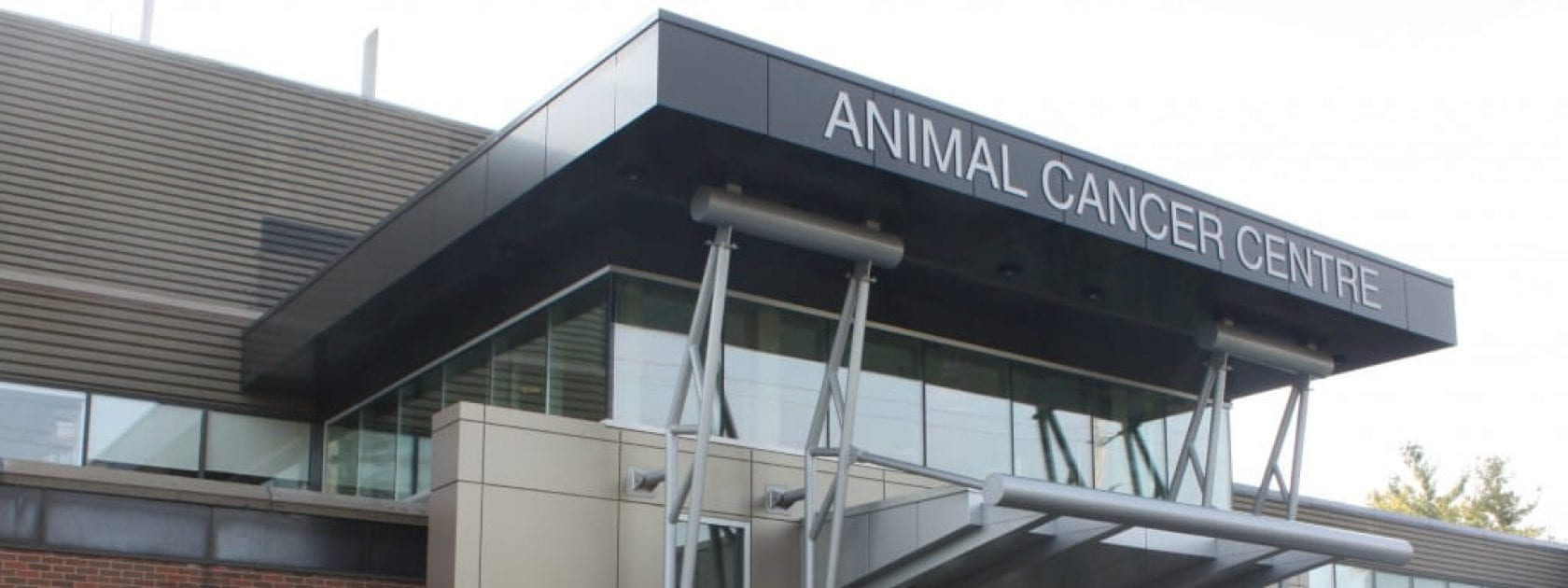Objective:
The goal of this clinical trial is to evaluate the effectiveness of a non-invasive high flow nasal cannula (HFNC) system to alleviate the work of breathing in brachycephalic dogs recovering from anesthesia.
Study Summary:
Brachycephalic dogs (short nosed, flat-faced dogs [eg, Bulldogs, Boston terriers, pugs, Pekingese]) are high-risk post-operative patients due to an anatomically airway and a large tongue that contribute to airway obstruction. Whenever these breeds undergo anesthesia, muscles relax and the potential for airway obstruction worsens. A new form of oxygen supplementation has been implemented in human medicine; high flow nasal cannula (HFNC) oxygen therapy. It is an intermediate intervention that is promising for its adaptability to dogs. HFNC delivers heated, humidified oxygen at high flow rates which helps open airways and allows easier breathing and oxygen delivery. The system provides oxygen via nasal prongs placed on the nose. The high flows achieve pressure to the airways known as continuous positive airway pressure (CPAP). The application of HFNC and CPAP to brachycephalic dogs in the anesthetic recovery period may improve air flow by gently pushing swollen or injured tissue open. The application of HFNC for these patients is expected to help breathing similarly to people with at home CPAP machines for the treatment of sleep apnea. In human medicine, the use of HFNC is rapidly growing in neonatal, pediatric and adult patients as it offers several advantages over other non-invasive options including better tolerance, ease of administration, improved outcome in selected patient populations, and decreased cost compared to other non-invasive respiratory support tools. We feel that brachycephalic dogs recovering from anesthesia are optimal candidates for the benefits of the HFNC system.
Inclusion Criteria:
Signs that suggest your dog is a candidate for the study include signs of impeded air flow (upper airway noise [excessive snoring]), an increase in breathing effort, or abnormally low blood oxygen levels.
Samples required:
- Blood
Client Compensation:
- The cost of the HFNC system
- Use of oxygen while the HFNC system is being tested
- Cost of blood oxygen level measurements at enrollment.
Contact:
Vicky Sabine (PhD), Clinical Research Coordinator
- Work Cell #: 226-218-0338
- Email: ovc.clinicaltrials@uoguelph.ca
Funded by OVC Pet Trust.
<Back to Closed & Completed Trials


